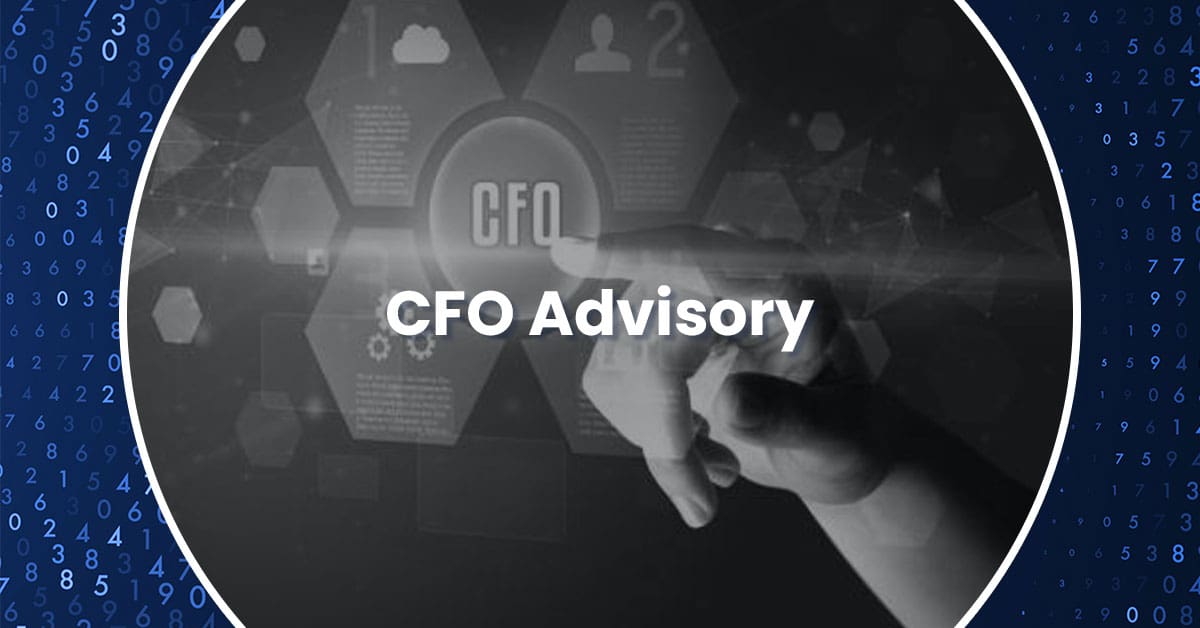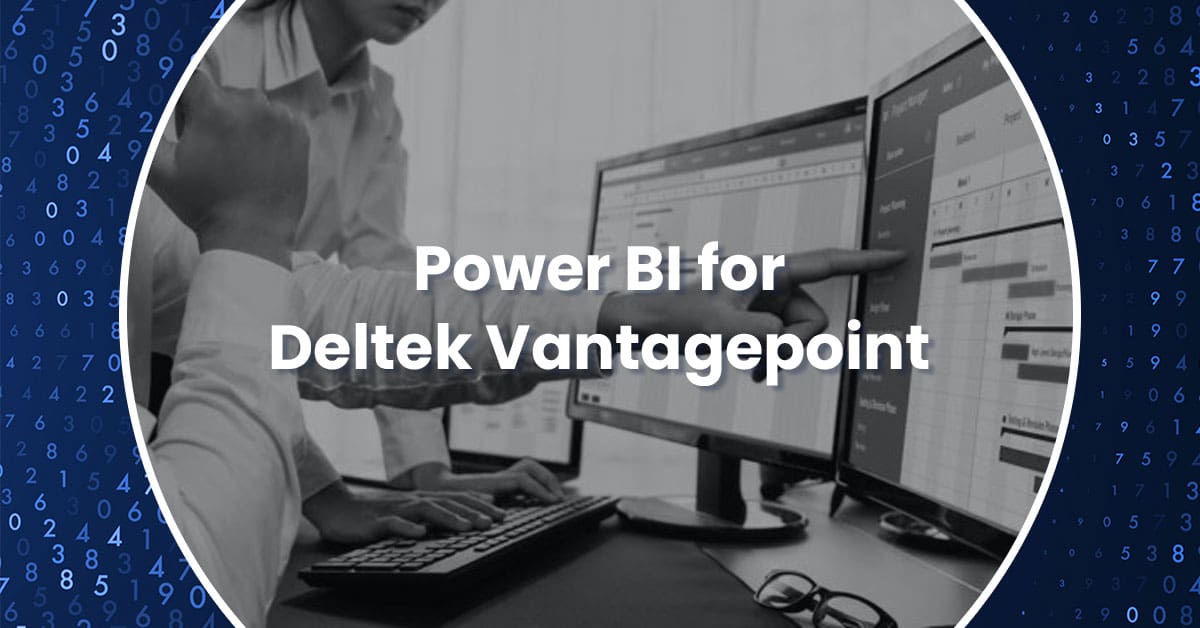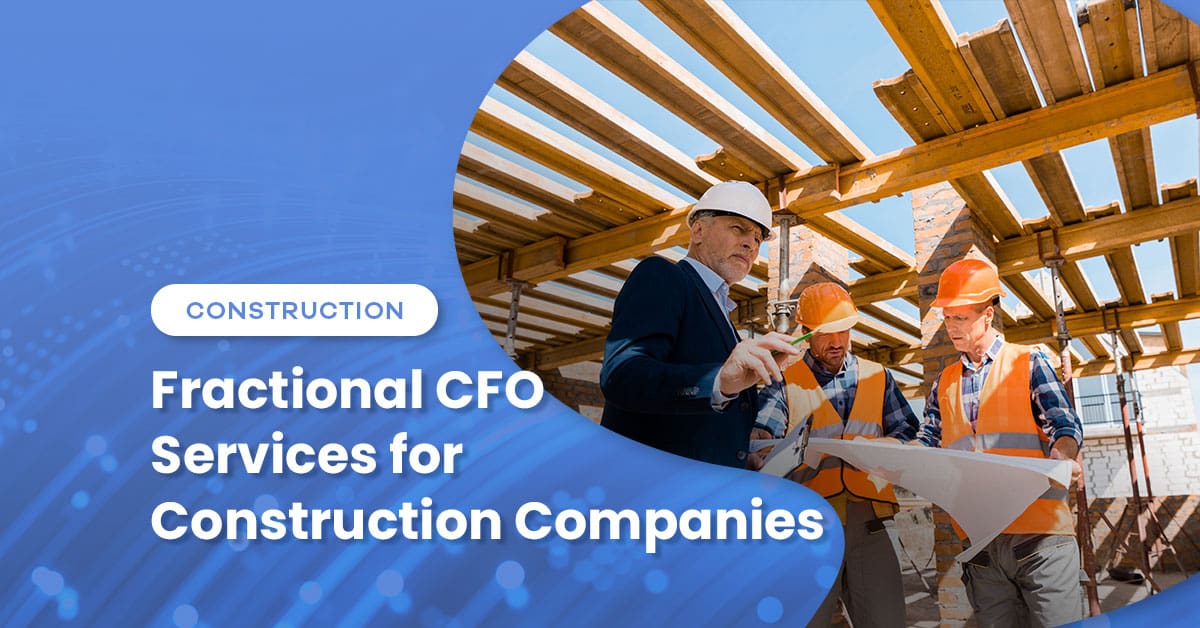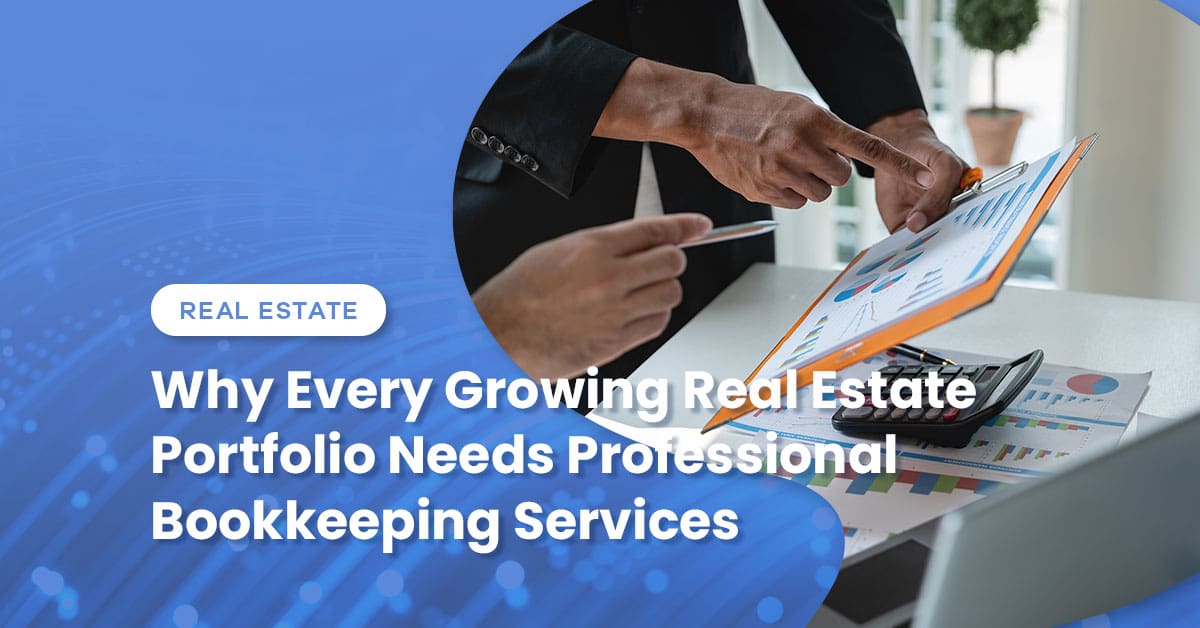PropTech, short for property technology, has emerged as a transformative force, reshaping how commercial real estate firms manage assets, analyze data, and report financials. As commercial real estate accounting becomes increasingly data-driven, professionals are leveraging PropTech to streamline financial operations, enhance reporting accuracy, and meet evolving compliance demands.
In 2025, PropTech is not just a tool—it’s a strategic asset for finance teams across the CRE sector. It is at the forefront of this transformation, reshaping how properties are bought, sold, managed, and experienced. It’s not just a buzzword – it’s a strategic imperative for real estate accounting professionals, investors, and consumers alike.
Understanding PropTech in CRE
PropTech refers to the use of technology platforms and tools that streamline and enhance financial operations, reporting, and compliance within the commercial property sector. While PropTech touches every corner of CRE, its impact on financial reporting and accounting is particularly profound. In 2025, firms are leveraging these technologies to streamline workflows, enhance accuracy, and meet increasingly complex regulatory demands.
Automating Core Accounting Functions
Traditional commercial real estate accounting involves labor-intensive processes—rent rolls, reconciliations, lease abstraction, and manual journal entries. PropTech platforms now automate many of these tasks, reducing errors and freeing up time for strategic analysis.
Lease Accounting Automation
With standards like ASC 842 and IFRS 16 requiring detailed lease data, PropTech tools extract and structure lease terms automatically. This ensures:
- Accurate classification of leases
- Timely recognition of right-of-use assets and liabilities
- Simplified compliance audits
CAM Reconciliations and Expense Tracking
Common Area Maintenance (CAM) reconciliations are notoriously complex. PropTech automates the allocation of shared expenses across tenants, ensuring transparency and reducing disputes.
Real-Time Financial Reporting
Modern CRE accounting relies on real-time data. PropTech platforms can integrate property management and accounting functions, offering dashboards that track rent rolls, operating expenses, capital expenditures, and cash flow. They provide real-time dashboards that combine data from multiple sources—property management systems, accounting software, and IoT devices.
Benefits of Real-Time Reporting
- Immediate visibility into cash flow, occupancy, and lease status
- Faster decision-making for acquisitions or divestitures
- Enhanced investor reporting and stakeholder communication
Enhanced Data Accuracy and Audit Readiness
Manual data entry is a major source of accounting errors. PropTech reduces this risk by:
- Integrating systems to eliminate duplicate entries
- Using AI to validate data against contracts and invoices
- Creating automated audit trails
This not only improves accuracy but also simplifies audits, making it easier to demonstrate compliance and internal controls.
AI-Powered Expense Management
Artificial Intelligence is used to categorize expenses automatically, detect anomalies (e.g., unexpected spikes in utility bills), and forecast future costs based on historical data. This improves budgeting accuracy and helps identify cost-saving opportunities.
Blockchain for Financial Transparency
Blockchain technology is emerging in CRE accounting to create secure, immutable audit trails, automate payments and reconciliations via smart contracts, reduce fraud, and streamline multi-party transactions.
Integration Across CRE Systems
Modern PropTech platforms are designed to integrate seamlessly with:
- Enterprise Resource Planning (ERP) systems
- Customer Relationship Management (CRM) tools
- Property management software
This creates a unified data ecosystem, allowing accounting teams to:
- Reconcile financials with operational metrics
- Align budgeting with leasing activity
- Collaborate more effectively across departments
Integration also supports portfolio-level reporting, which is essential for firms managing diverse assets across geographies. PropTech enables better collaboration between accounting, asset management, and operations teams. Features include cloud-based document sharing, automated invoice approvals, and centralized audit trails. This reduces bottlenecks and improves organizational efficiency.
ESG Reporting and Sustainability Metrics
Environmental, Social, and Governance (ESG) reporting is becoming a standard requirement. PropTech platforms now integrate sustainability data—energy usage, carbon emissions, and tenant engagement—into financial reports.
This allows accounting teams to:
- Track ESG performance alongside financial KPIs
- Prepare for green financing and sustainability audits
Align with investor expectations and regulatory mandates. These technologies are streamlining operations, enhancing customer experiences, and unlocking new opportunities across residential, commercial, and industrial real estate.
Key Drivers Behind PropTech’s Growth
Several factors are fueling the rise of PropTech:
1. Increasing Complexity of Lease Accounting Standards
Regulations like ASC 842 and IFRS 16 have made lease accounting more complex, requiring detailed tracking of lease terms, right-of-use assets, and liabilities. PropTech platforms automate these processes, reducing manual errors and ensuring compliance—especially critical for firms managing large portfolios.
2. Demand for Real-Time Financial Insights
CRE stakeholders—from asset managers to investors—expect real-time visibility into financial performance. PropTech tools integrate accounting systems with property management platforms, enabling dynamic dashboards that track rent collections, operating expenses, capital expenditures, and cash flow forecasts. This supports faster, data-driven decision-making.
3. Integration of ESG Metrics into Financial Reporting
Environmental, Social, and Governance (ESG) reporting is now a financial priority. PropTech platforms help accounting teams quantify sustainability metrics (e.g., energy savings, carbon offsets) and integrate them into financial disclosures, aligning with investor expectations and regulatory requirements.
4. Automation and Efficiency Demands
Accounting teams are under pressure to do more with less. PropTech automates invoice processing, budget approvals, expense categorization, and journal entries. This reduces administrative burden and frees up time for strategic analysis.
5. Rise of AI and Predictive Analytics
AI is being used to detect anomalies in financial data, forecast expenses and revenue, and optimize budgeting and capital planning. Predictive analytics provides CRE stakeholders with valuable insights, authorizing them to optimize their strategies and maximize return on their investments. These capabilities enhance accuracy and help accounting professionals anticipate financial risks and opportunities.
6. Investor and Stakeholder Expectations
Investors increasingly demand transparent, standardized, and timely financial reporting. PropTech platforms help meet these expectations by centralizing data, automating reporting, and ensuring audit readiness.
7. Scalability for Growing Portfolios
As commercial real estate portfolios grow, PropTech ensures that accounting systems can scale without a proportional increase in manual workload or complexity. PropTech offers scalable solutions that:
- Handle multi-entity and multi-currency operations
- Support acquisitions and dispositions seamlessly
- Enable centralized reporting across global portfolios
This scalability is crucial for firms pursuing aggressive growth or managing complex asset classes like data centers or life sciences facilities.
Challenges and Considerations
Despite its benefits, PropTech adoption comes with challenges:
- Data migration from legacy systems can be complex
- User training is essential to maximize ROI
- Cybersecurity must be prioritized to protect sensitive financial data
Firms must also carefully evaluate vendors to ensure alignment with their accounting needs and long-term strategy.
How to Evaluate PropTech for Financial Reporting
When selecting a PropTech solution, business owners and accounting leaders should consider:
Functionality
- Does it support lease accounting standards?
- Can it automate reconciliations and reporting?
Integration
- Does it connect with existing ERP and property management systems?
Usability
- Is the interface intuitive for accounting teams?
Security
- Is data encrypted and access-controlled?
Vendor Support
- Is onboarding and training available?
- Are updates and improvements frequent?
Running a pilot program with a small portfolio can help validate the platform before full-scale implementation.
The Future of Commercial Real Estate Accounting with PropTech
Looking ahead, PropTech will continue to evolve, with AI, machine learning, and blockchain driving deeper transformation. Accounting professionals will shift from transactional roles to strategic ones—leveraging technology to guide investment, manage risk, and deliver value.
In this new era, the firms that embrace PropTech not only gain efficiency—they gain a competitive edge.
PropTech is no longer a buzzword—it’s a business imperative. For business owners and accounting professionals in CRE, it offers the tools to automate, analyze, and act with unprecedented speed and precision. As the industry faces rising complexity and competition, those who harness PropTech will lead the way in financial excellence and strategic growth.
For more information, talk to our team today.
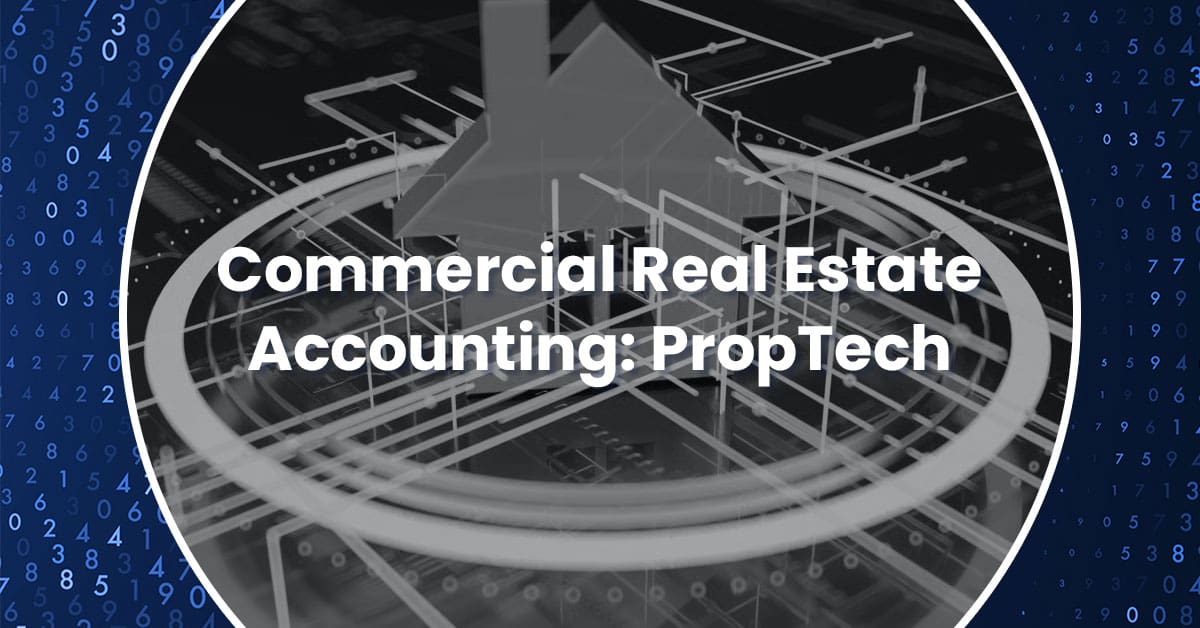




 Previous
Previous